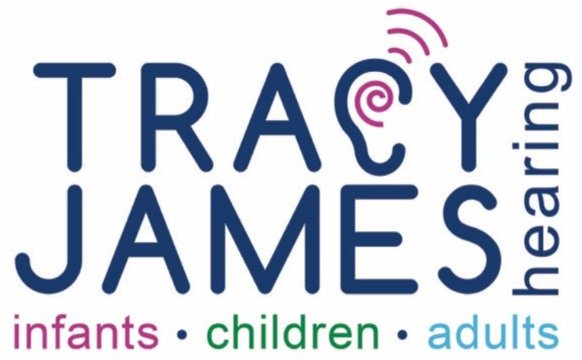How to manage tinnitus and hyperacusis in children
For a long time there was little information about tinnitus and sound tolerance issues (hyperacusis) in children. This made it difficult for parents to know how to support and help their child. Fortunately this is improving; there is now more information out there and the condition and symptoms are recognised.
The issue with tinnitus and loudness tolerance problems in children is that many children do not discuss with others what’s happening. This may be because they may not know how to explain it or they think it is normal. Yet, about one third of children under 16-19 of years have tinnitus or tolerance issues and for one in twelve it is a significant issue. It can make school or other noisy places very distressing. It can affect concentration, sleep and even behaviour.
Years of research on tinnitus in adults has shown how important it is to provide support and counselling, as well as management tactics. It is especially important that children receive the same support in a way that works for them. Fortunately, there is now guidance and support available.
Why might your child have tinnitus?
There are many different trigger factors and causes for tinnitus and hyperacusis. This is why there is no one intervention at the moment that makes tinnitus go away. Tinnitus/hyperacusis can occur on its own, or in conjunction with other factors such as stress or hearing loss. The important thing to remember is that it is not a disease or a medical problem, it is a symptom. Therefore we use different methods to find the trigger or cause, so the appropriate management intervention is used.
Tinnitus is often a sign of ear problems (like glue ear), or hearing loss. If it’s hard to hear outside sounds, the brain will start listening to internal sound instead like tinnitus. Think about it this way, if you put your fingers in your ears, you can’t hear the outside sounds as well, but you can hear the internal ones much more loudly. That is why children are often referred to Ear, Nose and Throat and for a hearing test first.
Giving your child an explanation of tinnitus helps, as long as the vocabulary and examples are age appropriate. Tinnitus therapy may involve sound generators or sound relaxing apps. Other sound enrichment and relaxation techniques may be appropriate in blocking tinnitus. Children are often quick to understand how to teach their brain to focus on other sounds other than the tinnitus. Where there is a hearing loss, fitting hearing aids may help. In other cases cognitive behavioural therapy may help your child understand the trigger. This is turn can then decrease the emotional reaction to the sound/tinnitus.
Here are some tactics that may help your child manage their tinnitus, particularly in a school environment:
Consider moving the child away from noisy groups/people if they are showing signs of distress or difficulty hearing
Agree with the child a way of alerting you if tinnitus or hyperacusis is triggered in a lesson – this could be a laminated card with a message or some other agreed signal
During group work, sympathetically consider requests for the group to move somewhere quieter to work
Some children benefit from low level noise (eg a computer or heating fan) and may prefer to sit close to this sound
Working in a quiet place for a long time (eg during library time or exams) may be distressing for the child or make concentration difficult. Background sound (eg a fan, or sitting near an open window) or the use of low level music on a media device may help
Ensure the child has a “support card” to hand, reminding them about how to relax and breathe to help take their mind away from their tinnitus. This could be decorated with favourite pictures, for example.
For information on improving a child’s reaction to uncomfortable sounds Children’s Hyperacusis - Milton Keynes University Hospital (mkuh.nhs.uk)
The Tinnitus UK - Children has further information on how to support children on tinnitus.

